Great thinkers who were only appreciated after they died
History has shown us that many brilliant minds aren’t fully appreciated until long after their time. This phenomenon of posthumous appreciation is a curious one, where the genius of individuals is recognized only after they’ve left this world.
Often ahead of their time, these visionaries challenged norms, and their contributions went unnoticed until the world was ready to understand them. Let’s dive into the lives of some remarkable figures who found fame only after death.
The Enigma of Vincent van Gogh: A Visionary in Art
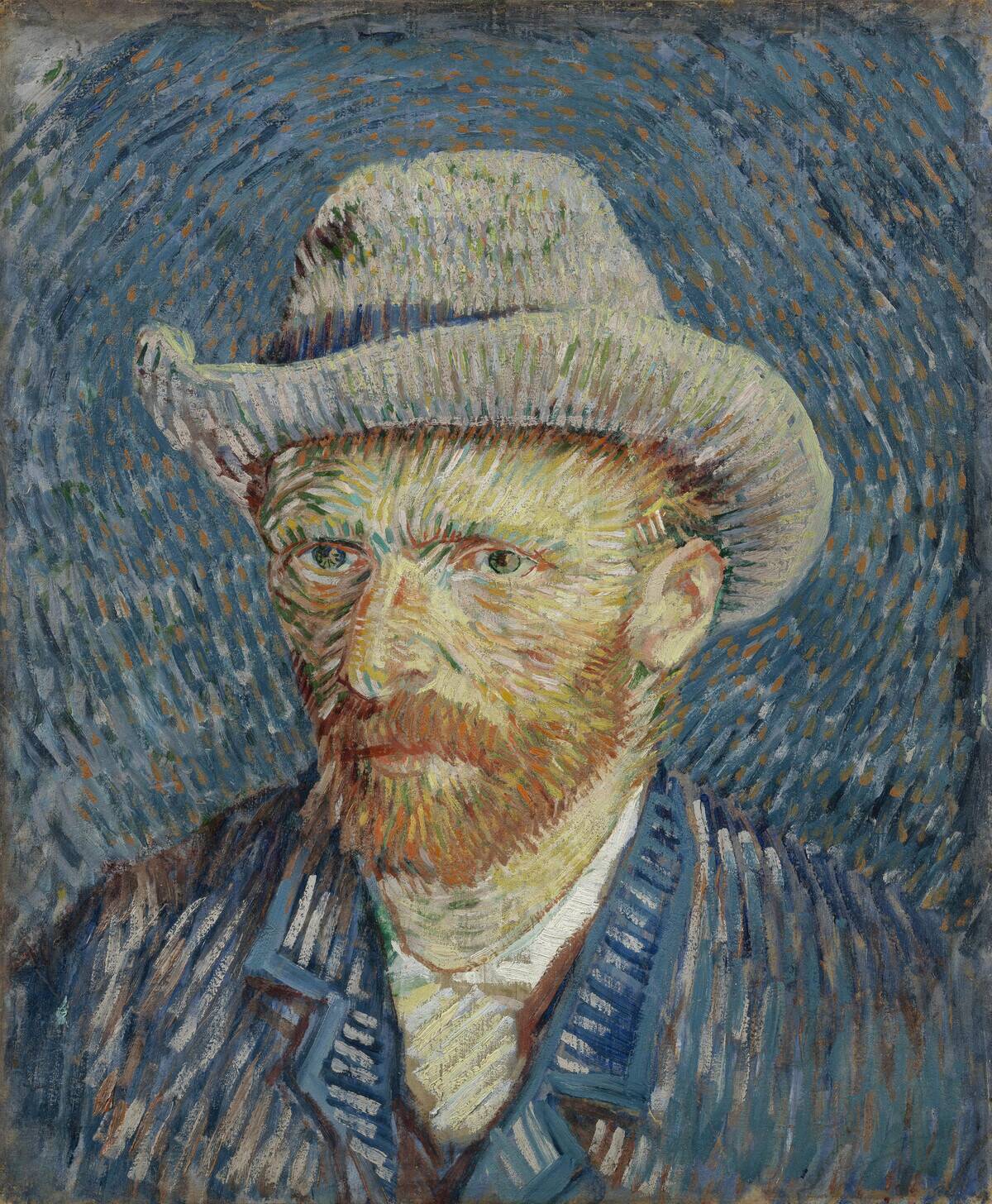
Vincent van Gogh, the Dutch post-impressionist painter, lived a life marked by poverty and mental illness. Despite creating over 2,100 artworks, including the iconic Starry Night, he sold only a handful of paintings during his lifetime.
Today, van Gogh is celebrated for his vivid colors and emotional honesty, with his works fetching record prices at auctions. His struggles and dedication continue to inspire artists and art lovers worldwide, proving that genius often goes unrecognized in its own time.
The Misunderstood Genius of Nikola Tesla
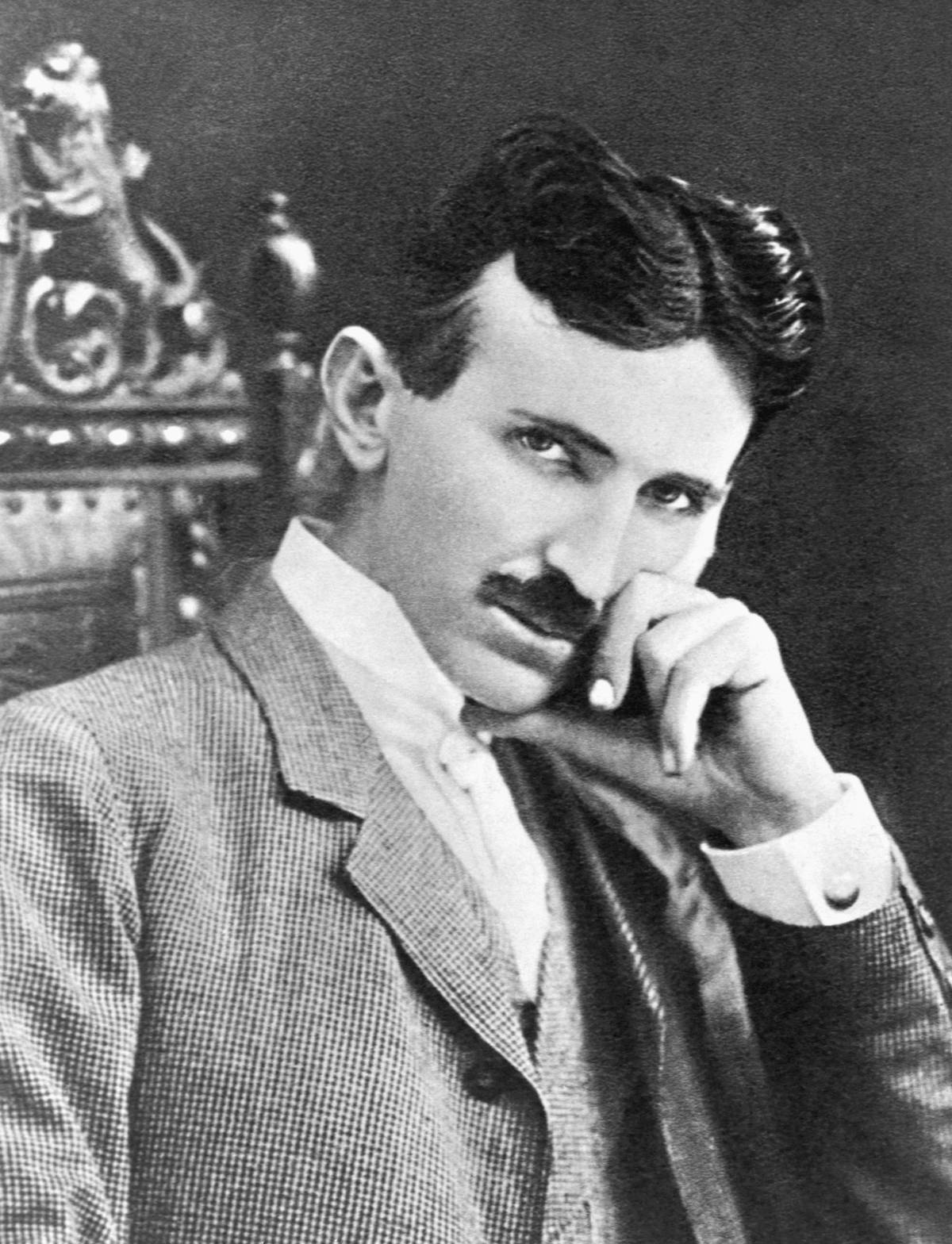
Nikola Tesla, the Serbian-American inventor, is best known for his contributions to the development of alternating current (AC) electrical systems. Despite his groundbreaking work, Tesla died penniless and largely forgotten.
Today, he’s celebrated as a pioneer of electrical engineering, with inventions that laid the groundwork for modern technology. From wireless communication to radar, Tesla’s ideas were ahead of their time and have cemented his legacy as a visionary thinker.
Emily Dickinson: The Poet Who Found Fame After Death
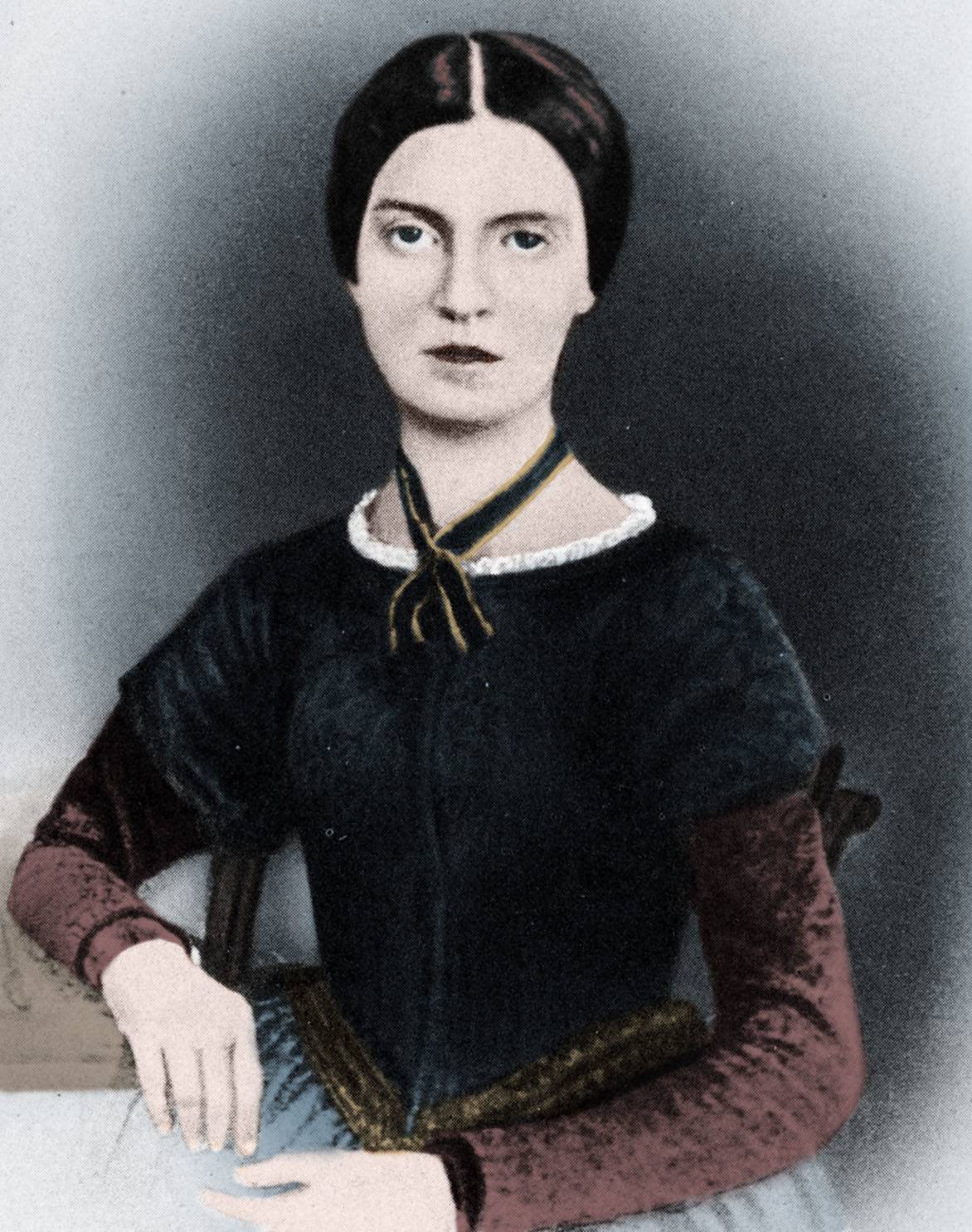
Emily Dickinson penned nearly 1,800 poems, yet only a few were published during her lifetime. Known for her reclusive nature, Dickinson’s work was revolutionary in its use of language and form.
It wasn’t until after her death that her sister discovered her vast collection of poems, leading to posthumous publication and acclaim. Today, Dickinson is considered one of America’s greatest poets, her introspective and innovative style resonating with readers and scholars alike.
Gregor Mendel: The Father of Genetics Unrecognized in His Time
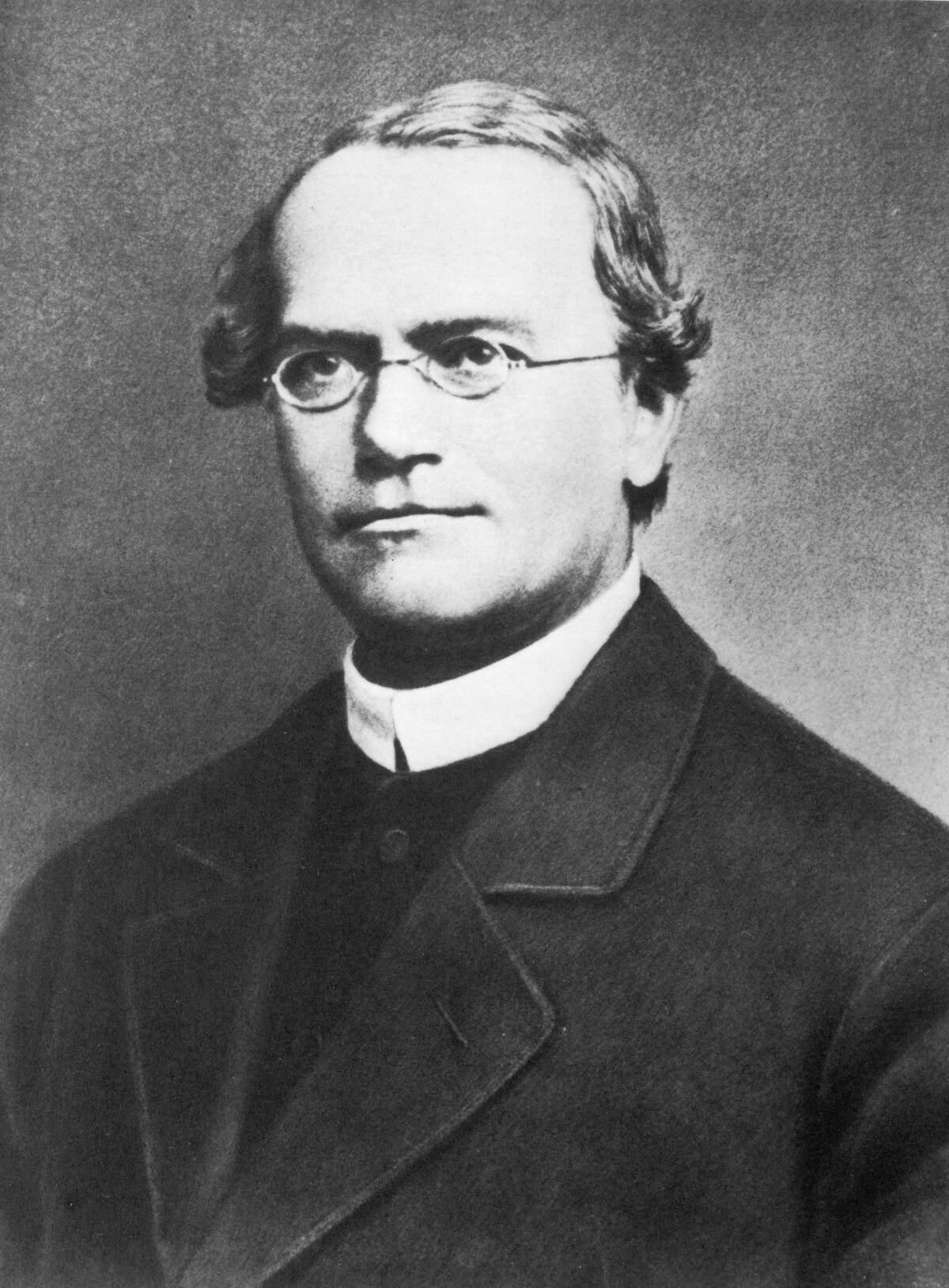
Gregor Mendel, an Austrian monk, conducted groundbreaking experiments on pea plants, uncovering the basic principles of heredity. His work, published in 1866, went unnoticed by the scientific community.
It wasn’t until the early 20th century that Mendel’s research was rediscovered and recognized as the foundation of modern genetics. His meticulous experiments laid the groundwork for understanding genetic inheritance, earning him the title ‘Father of Genetics’ long after his death.
Franz Kafka: Literary Success After a Life of Obscurity
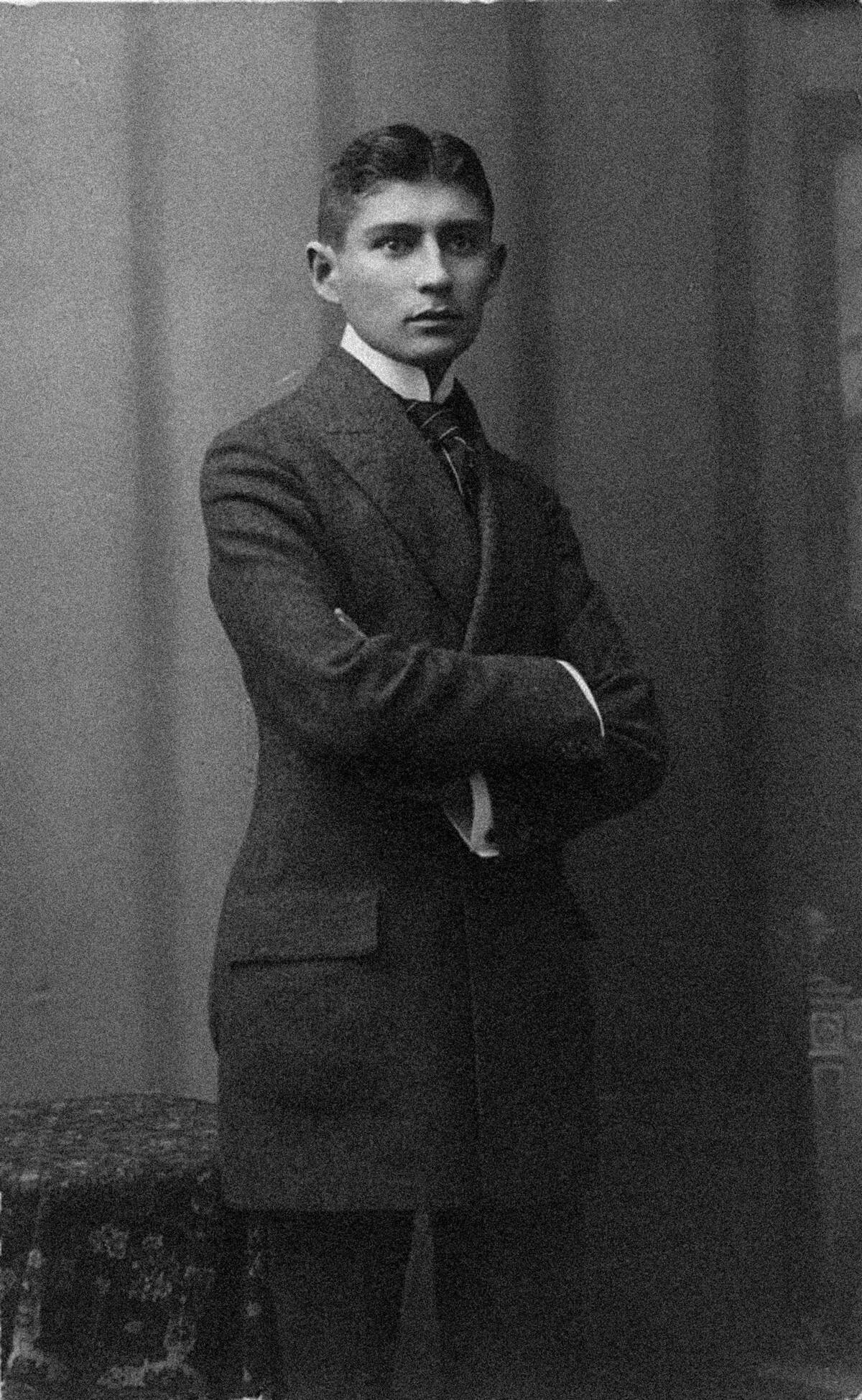
Franz Kafka, a Prague-born writer, faced obscurity during his lifetime. His works, characterized by themes of alienation and existential dread, were largely unpublished until after his death.
Kafka’s friend, Max Brod, defied his wish to have his manuscripts destroyed, ensuring their publication. Today, Kafka’s surreal and thought-provoking stories, like The Metamorphosis, have earned him a place among the most influential writers of the 20th century, his unique voice now celebrated worldwide.
Galileo Galilei: A Revolutionary Astronomer Condemned
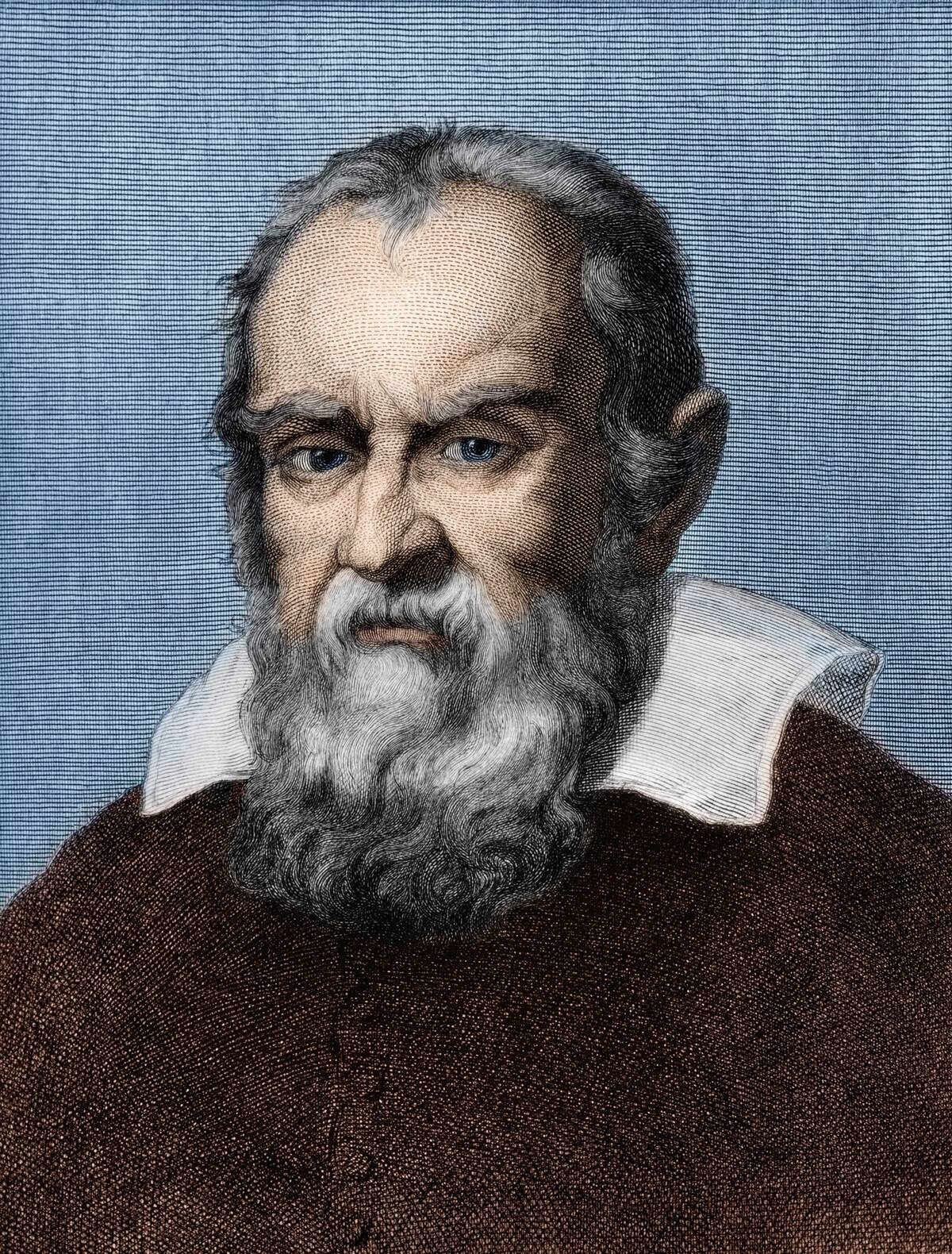
Galileo Galilei, the Italian astronomer, physicist, and engineer, made groundbreaking discoveries that revolutionized our understanding of the universe. His support for heliocentrism, the idea that the Earth orbits the Sun, led to a trial by the Roman Catholic Church.
Condemned and placed under house arrest, Galileo’s work was banned. It took centuries for the Church to acknowledge his contributions. Today, Galileo is celebrated as the ‘Father of Modern Science’, his legacy enduring in the realms of physics and astronomy.
The Lament of Edgar Allan Poe: Eccentricity Overlooked
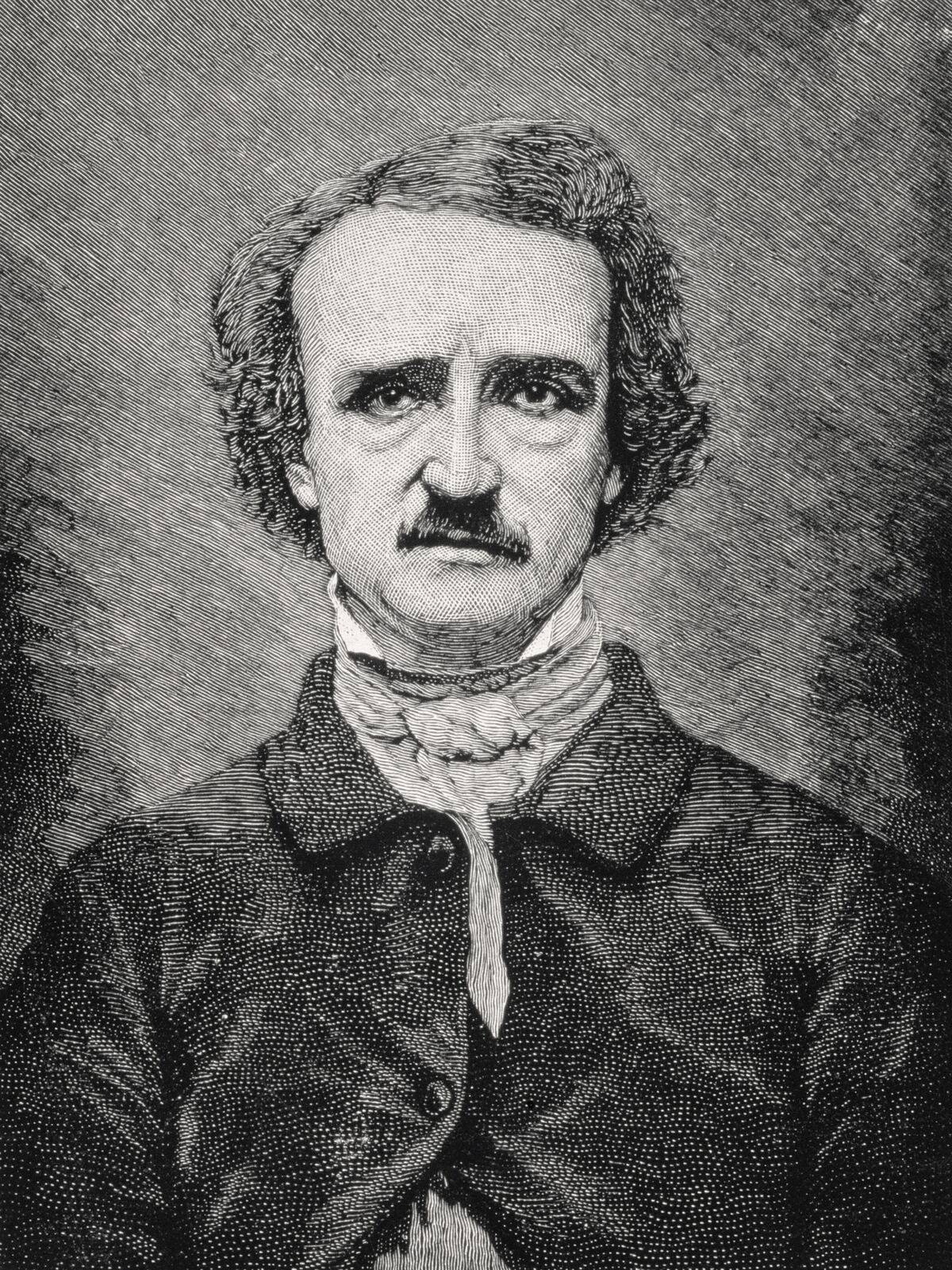
Edgar Allan Poe, the master of macabre and mystery, struggled for recognition during his lifetime. Despite penning classics like The Raven and The Tell-Tale Heart, Poe faced financial difficulties and personal tragedies.
His unique style and themes of horror and the supernatural were ahead of their time. It wasn’t until after his death that Poe gained the recognition he deserved, influencing countless writers and becoming a cornerstone of American literature.
Johann Sebastian Bach: A Musical Maestro Rediscovered
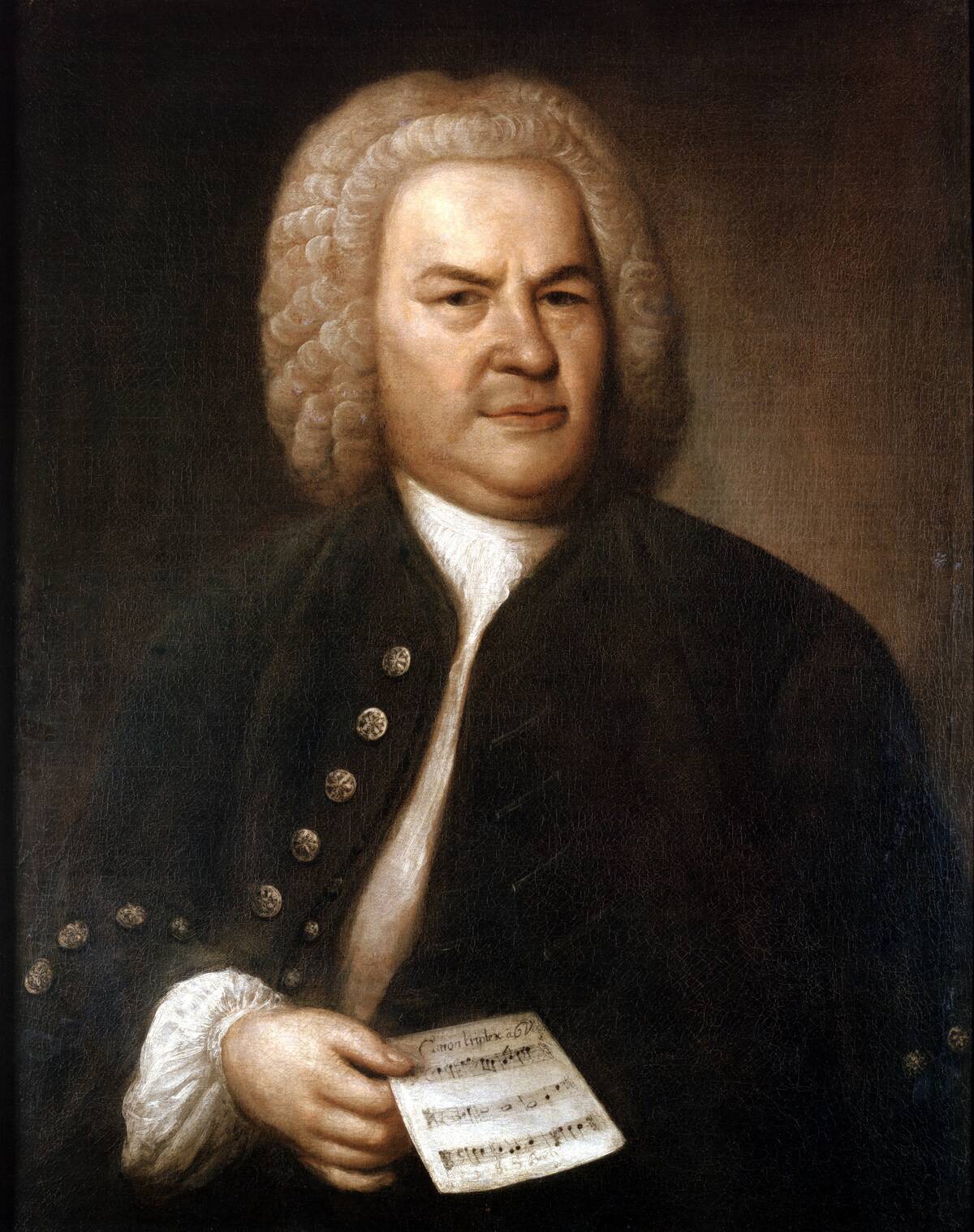
Johann Sebastian Bach, the German composer, was largely forgotten after his death in 1750. His complex compositions were considered old-fashioned in the years that followed.
It wasn’t until the 19th century that composers like Felix Mendelssohn revived interest in Bach’s work, recognizing his genius. Today, Bach is celebrated as one of the greatest composers of all time, his intricate fugues and harmonious melodies continuing to captivate musicians and audiences alike.
The Philosophical Insight of Søren Kierkegaard
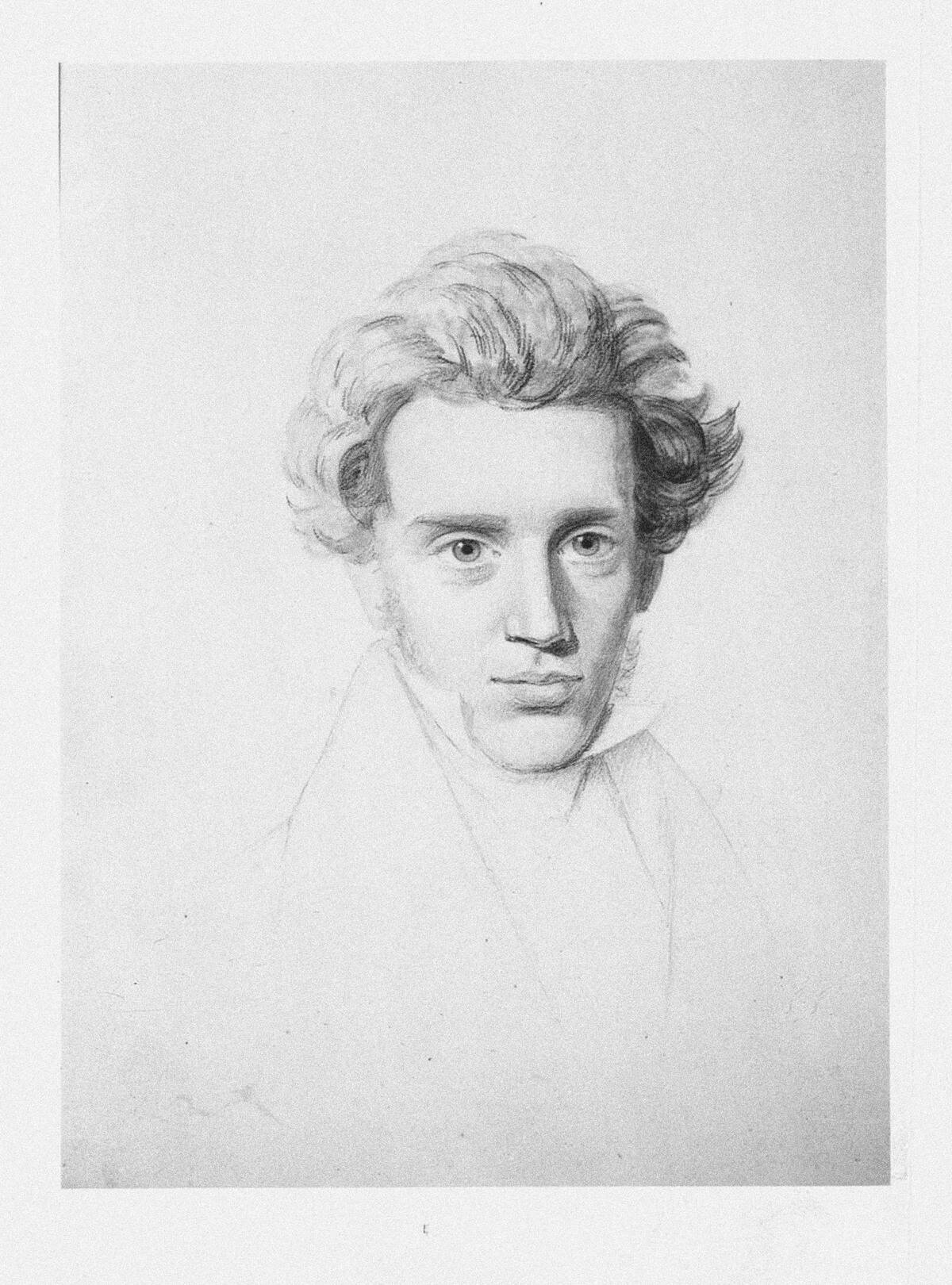
Søren Kierkegaard, a Danish philosopher and theologian, challenged the philosophical norms of his time with his existential ideas. While his works received little attention during his life, they later became foundational to existentialism and modern psychology.
Kierkegaard’s exploration of individuality, faith, and the human condition resonates with readers today. His writings, filled with wit and insight, have influenced thinkers like Jean-Paul Sartre and Albert Camus, solidifying his place in philosophical history.
Stieg Larsson: The Author Behind The Millennium Phenomenon

Stieg Larsson, the Swedish journalist and novelist, achieved international fame posthumously with his ‘Millennium’ series. The first book, ‘The Girl with the Dragon Tattoo’, became a global sensation after Larsson’s death in 2004.
His gripping storytelling and complex characters captivated readers, leading to successful film adaptations. Larsson’s work shed light on social issues and injustice, and despite not witnessing his success, his legacy lives on through his unforgettable contribution to the crime genre.
Henry David Thoreau: Nature’s Advocate Ahead of His Time
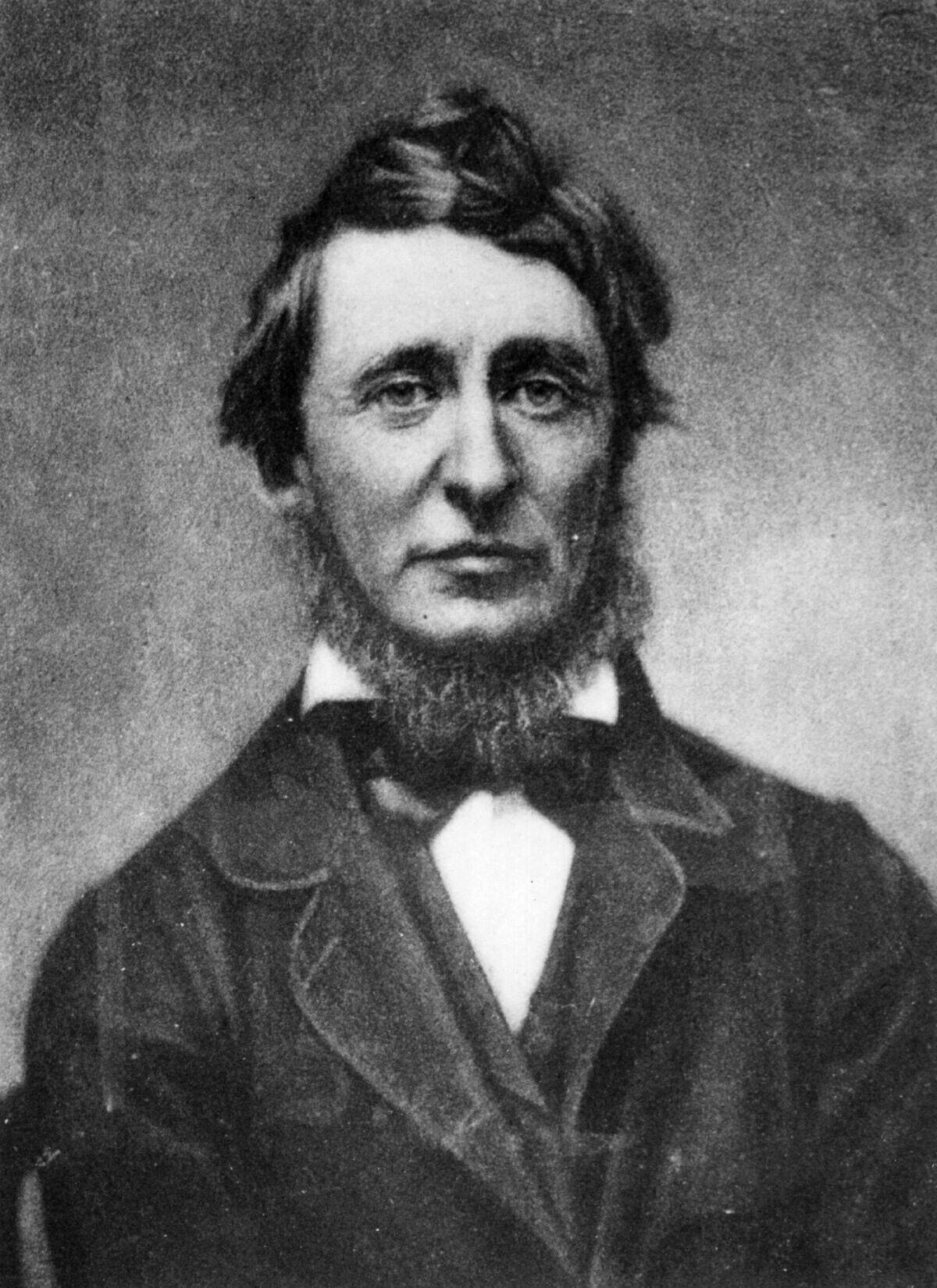
Henry David Thoreau, an American naturalist and philosopher, was largely unappreciated during his life. Best known for Walden, a reflection on simple living in natural surroundings, Thoreau’s ideas on civil disobedience and environmentalism were pioneering.
It wasn’t until the 20th century that his work gained recognition, influencing leaders like Martin Luther King Jr. and Mahatma Gandhi. Today, Thoreau is celebrated as a key figure in American literature and environmental thought, his insights more relevant than ever.
The Artistic Brilliance of Paul Cézanne
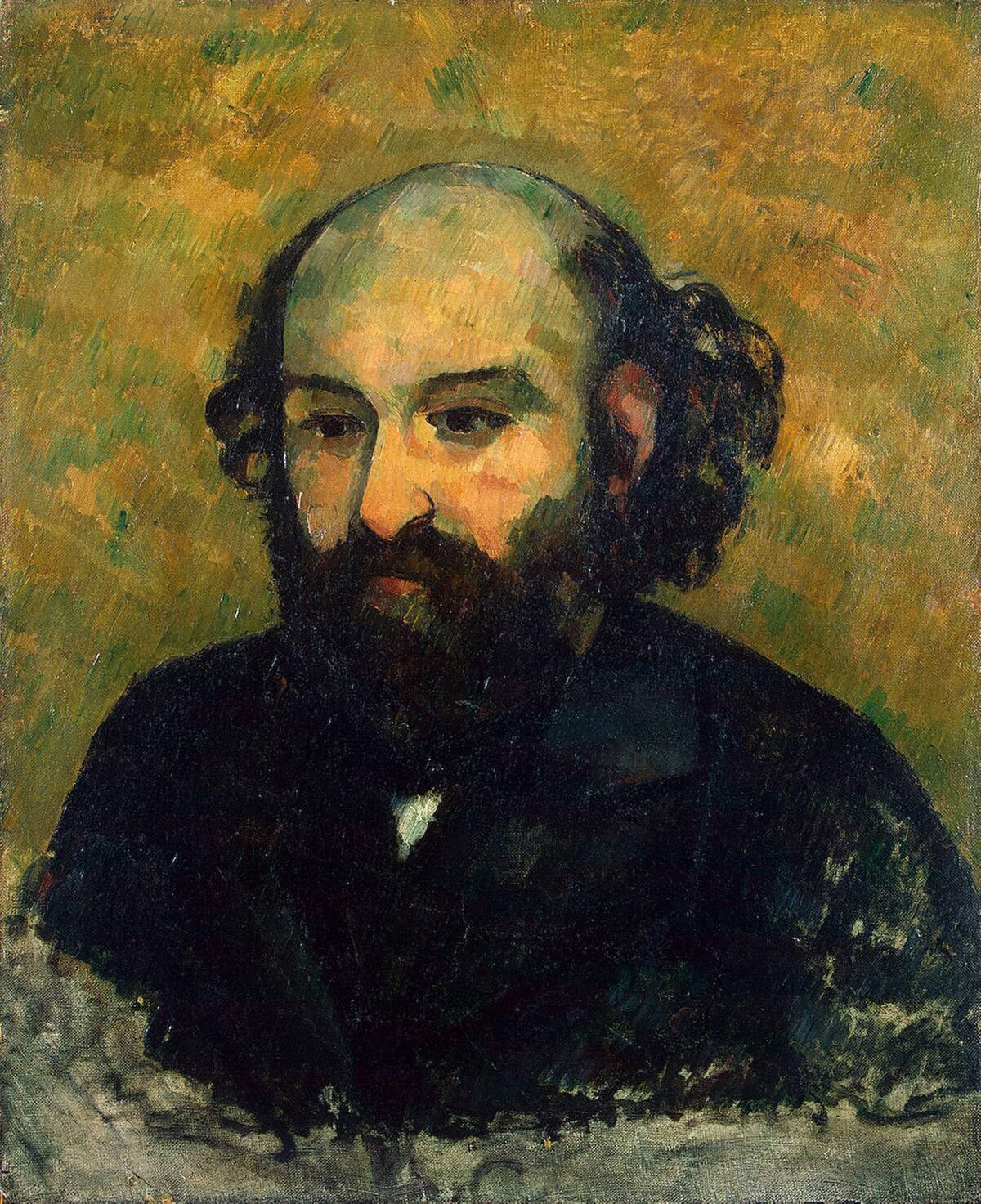
Paul Cézanne, a French post-impressionist painter, struggled for recognition during his lifetime. His innovative approach to color and form laid the groundwork for modern art movements like Cubism. Often misunderstood by his peers, Cézanne’s work was not fully appreciated until after his death.
Today, he is hailed as a bridge between 19th-century Impressionism and 20th-century Cubism, with artists like Picasso citing him as a major influence. Cézanne’s legacy endures in the art world, celebrated for his bold experimentation.
Alan Turing: The Computing Pioneer Shrouded in Secrecy
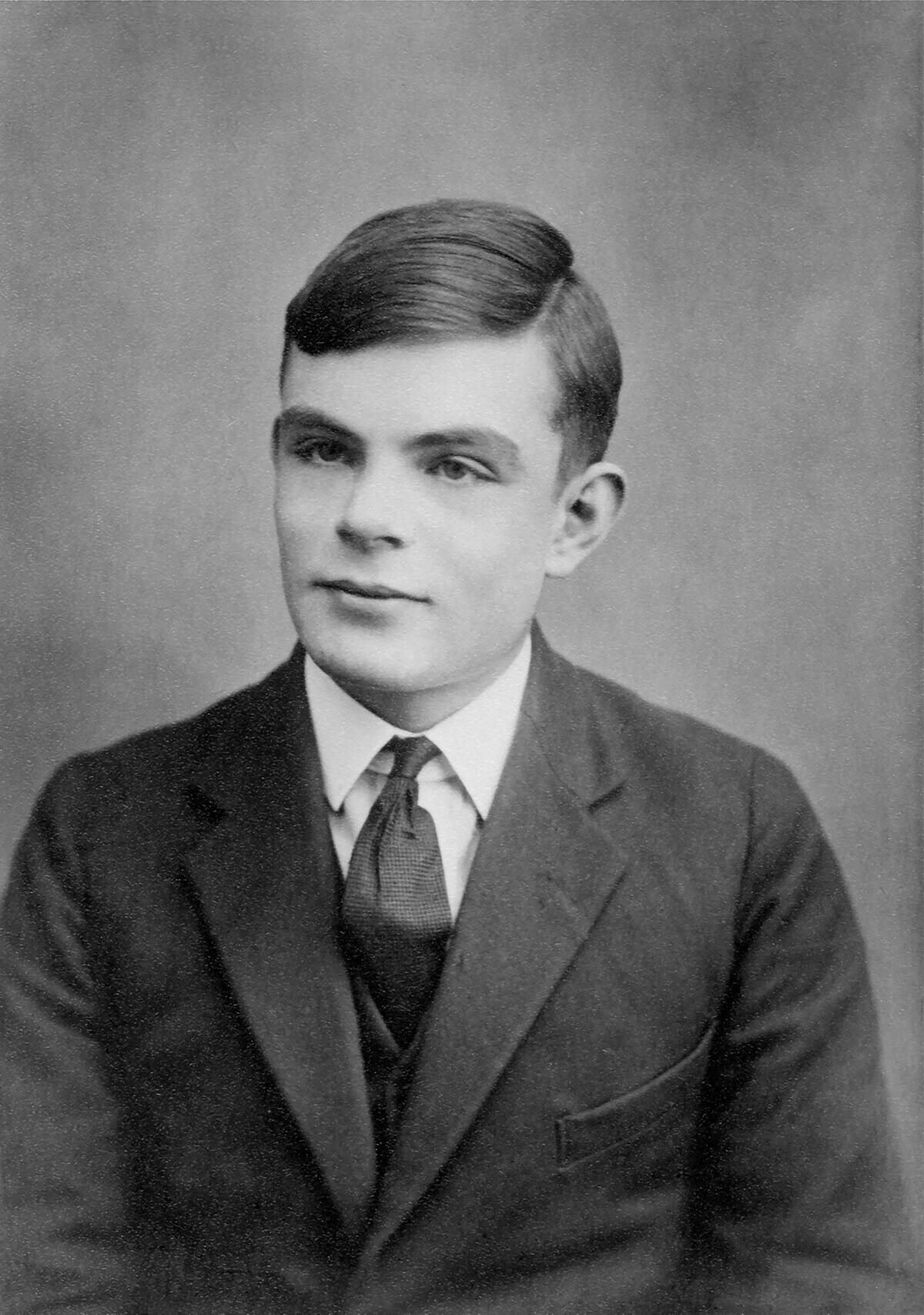
Alan Turing, the British mathematician and logician, played a crucial role in breaking the Nazi Enigma code during World War II. Despite this, his contributions were largely unrecognized during his lifetime due to the secrecy surrounding his work.
Turing’s theoretical work laid the foundations for computer science, introducing concepts like algorithms and computation. Posthumously, Turing has been celebrated as a pioneer of computing, his legacy finally acknowledged with honors and memorials celebrating his groundbreaking achievements.
The Unrecognized Science of Ignaz Semmelweis

Ignaz Semmelweis, a Hungarian physician, introduced handwashing practices in medical clinics to reduce childbed fever. Despite his success in lowering mortality rates, his ideas were met with skepticism and ridicule from the medical community.
Semmelweis’s findings were not recognized until decades later, when germ theory validated his approach. Today, he is hailed as a pioneer of antiseptic procedures, his legacy underscoring the importance of hygiene in medical practice, though his contributions were tragically unappreciated in his own time.
H.P. Lovecraft: Crafting a Legacy in Horror Literature
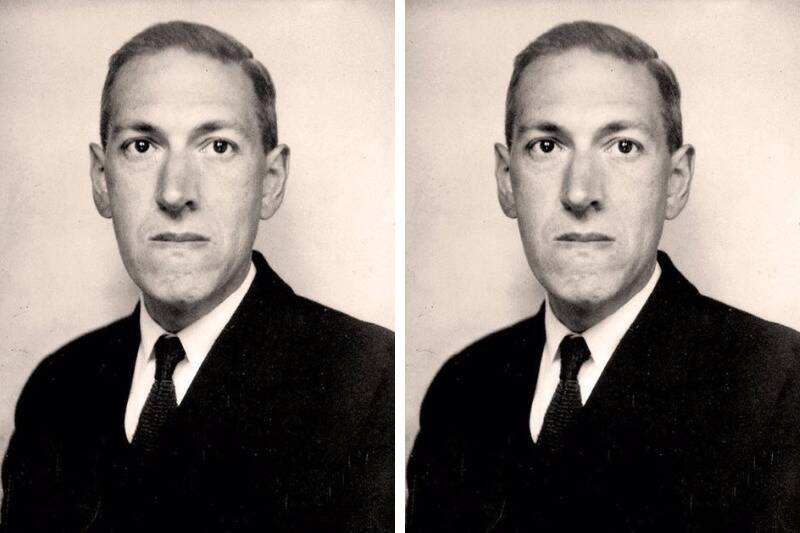
H.P. Lovecraft, the American writer known for his peculiar blend of horror and science fiction, received little recognition during his lifetime. His works, such as The Call of Cthulhu, were published in pulp magazines but failed to gain mainstream success.
It was only after his death that Lovecraft’s unique style and cosmic horror gained a dedicated following. Today, he is celebrated as a master of horror literature, influencing countless authors and filmmakers with his chilling tales and mythos.
The Visionary Ideas of Ada Lovelace in Computing
![Portrait Of [redacted]](https://media.tellmebest.com/wp-content/uploads/2023/08/portrait-of-ada-byron-24732.jpeg)
Ada Lovelace, the daughter of poet Lord Byron, is often regarded as the world’s first computer programmer. Collaborating with Charles Babbage on his Analytical Engine, Lovelace foresaw the potential of computers beyond mere calculation.
Her detailed notes on the engine included what is considered the first algorithm intended for machine processing. Despite her groundbreaking insights, Lovelace’s contributions went largely unrecognized during her lifetime. Today, she is celebrated as a pioneer in computing, her visionary ideas inspiring generations of women in technology.



